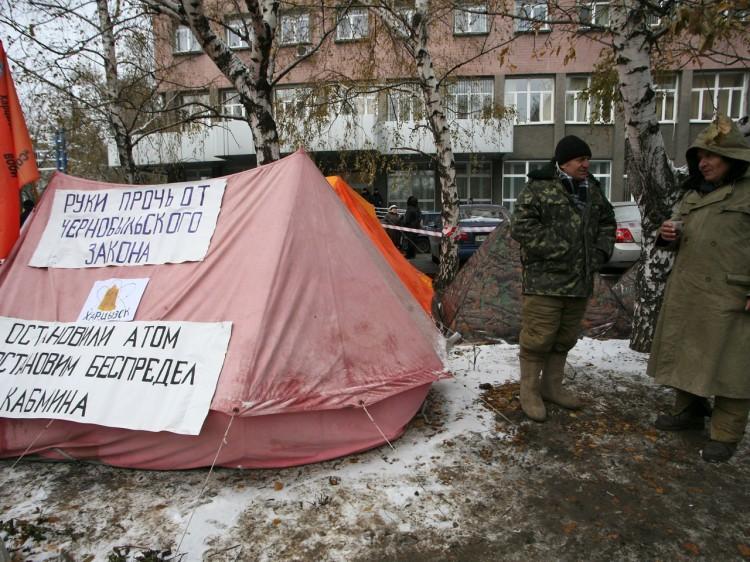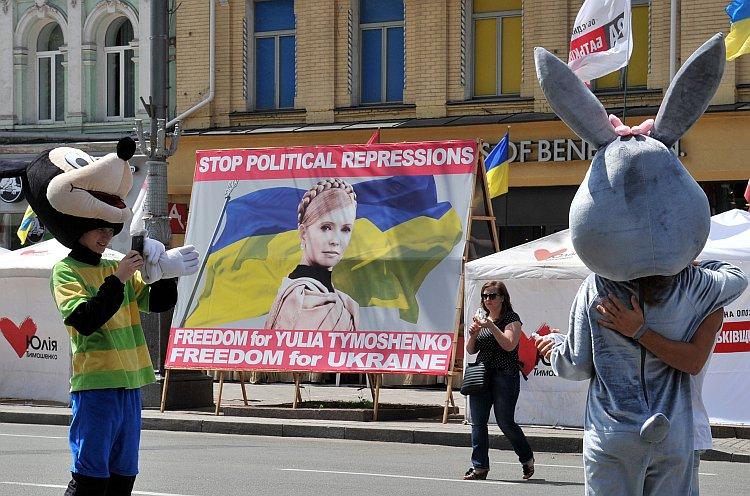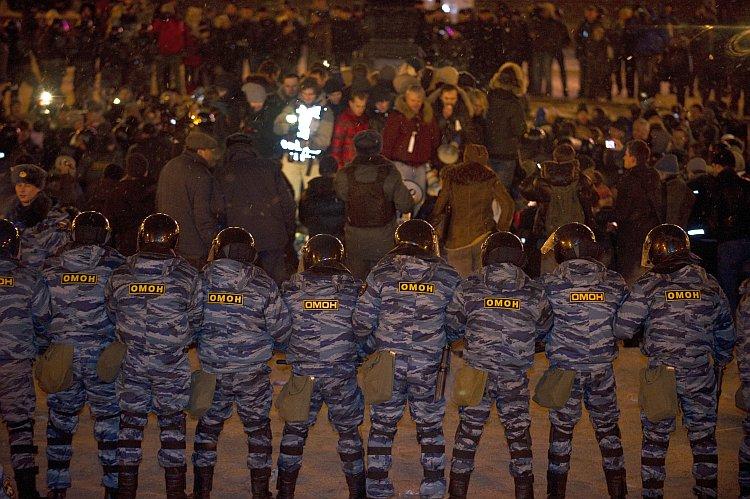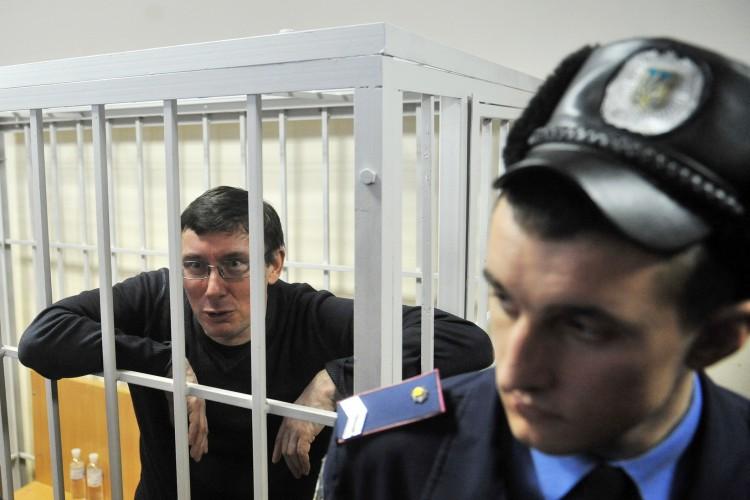KYIV, Ukraine—For 10 days they have foregone food—veterans, once tasked with cleaning up the world’s worst nuclear disaster in Chernobyl. In a gesture of desperation, Chernobyl pensioners in the eastern city of Donetsk are risking their lives to convince the government to reverse the sudden deep cuts to their pensions and benefits.
The hunger strike, which began on Nov. 15 was banned by court order on Wednesday, ruling that the strike created a risk of terrorist acts, reported Zik news agency based in Lviv.
Currently, about 40 pensioners are on a hunger strike, supported by another 500 protesters in Donetsk, President Victor Yanukovych’s homeland.
On of them, Vladimir Sumarokov, served as a “liquidator” at Chernobyl, one of a legion of men brought from all over the Soviet Union to tackle the consequences of the Chernobyl nuclear disaster after the plant’s fourth reactor exploded in April 1986.
Sumarokov, 58, told The Epoch Times that the protesters are refusing to accept the court ruling. When officials tried to remove them on Thursday, he said the police gave up because of the heavy media presence. At least 35 of the hunger strikers have been taken to hospital, according to Sumarokov.
The reduced pensions have left the veterans and their families starving because it is impossible to make ends meet on such small sums, says Sumarokov.
Sumarokov said that for the last five years he had been receiving a pension of $875 per month as a result of a court case he won. But this month, he got only 1,380 hryvnia ($172).
“Getting such an amount of pension is neither enough to feed a family nor to get proper medical treatment. Pensions are our main source for living,” he said adding, “We cannot find any other job since we are disabled.”
Many who worked at Chernobyl, the worst nuclear disaster to date, became contaminated with radioactivity, and have shown various health problems.
Nikolai Vsisovich, 56, who worked as a liquidator at the plant told The Epoch Times in March this year that he suffers a litany of chronic ailments and most of his fellow workers have already died from heart problems or cancer.
The veterans were told in early November that the state couldn’t pay the pensions anymore because of a lack of money in the budget. Instead, authorities promised the veterans that additional funds for them and other groups would be included in next year’s budget.
Some 700,000 emergency workers who did various jobs were granted the status of liquidator and allocated special government benefits.
The protests by the pensioners have indicated problems that originate from the old social security system and preference schemes inherited from Soviet Union, says Iryna Bekeshkina, the director of Kyiv-based of the Democratic Initiatives Foundation.
According to Bekeshkina, politicians have made many promises to veterans over the years, with a variety of laws having been passed ahead of national elections. But when those entitled to the benefits went to court to demand payment, it turned out “the government had no money to pay these people,” said Bekeshkina.
The cuts to social welfare have affected more than the Chernobyl workers. Other groups, like the 1979-1989 Afghanistan War veterans have also been staging protests in major cities across Ukraine since the beginning of the month.
The issue is proving to be a major test for President Yanukovych whose popularity is declining. Another factor amplifying people’s anger, according to Bekeshkina, is that while the government is cutting benefits to vulnerable seniors, it has made no comparable cuts to the pensions of government officials.






